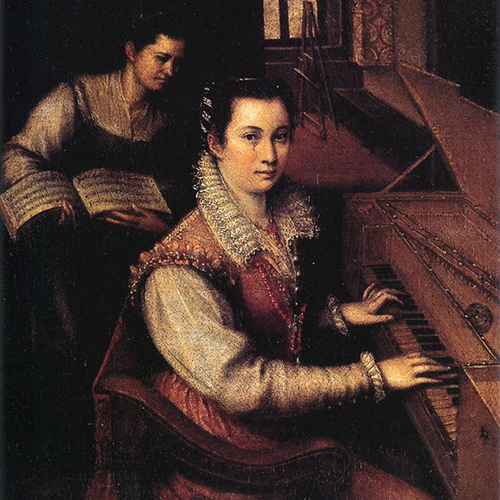The Italian Renaissance was a period of significant cultural, artistic, and scientific advancements in Italy, spanning from the 14th to the 17th century. This era saw the emergence of some of the most influential figures in history, including artists, writers, and thinkers who shaped the course of Western civilization.
Among these notable figures was Lavinia Fontana, a renowned Italian painter known for her captivating portraits and allegorical scenes. Born in 1552 in Bologna, Italy, Fontana was one of the few female artists of her time who achieved great success and recognition. Her work not only reflected the artistic trends of her era but also showcased her unique style and perspective, setting her apart from her male contemporaries.
what is the story behind the name lavinia
 The name "Lavinia" is derived from the Latin word "Lavinia," which refers to the legendary founder of the city of Lavinium in ancient Italy. Lavinium was said to be the city founded by Aeneas, the Trojan hero, after he escaped from Troy. The name "Lavinia" is thus associated with the mythological origins of Rome and the Trojan War.
The name "Lavinia" is derived from the Latin word "Lavinia," which refers to the legendary founder of the city of Lavinium in ancient Italy. Lavinium was said to be the city founded by Aeneas, the Trojan hero, after he escaped from Troy. The name "Lavinia" is thus associated with the mythological origins of Rome and the Trojan War.what is the meaning of the name lavinia
 The name Lavinia primarily refers to a female name of Latin origin, meaning "Woman Of Rome".
The name Lavinia primarily refers to a female name of Latin origin, meaning "Woman Of Rome".what are some famous people with the name lavinia
Some famous people with the name Lavinia include: Lavinia Miloșovici: A Romanian Olympic gymnast known for her exceptional achievements in the sport, earning a total of 19 World Championships or Olympic medals in a span of six years. Lavínia Gutmann Vlasak: A Brazilian actress of Czech and German ancestry, known for her work in the film industry. Lavinia Tananta: An Indonesian professional tennis player who made her debut as a professional in May 2003. Lavinia Corina Milosovici: A Romanian gymnast who was inducted into the International Gymnastics Hall of Fame in 2011 for her remarkable achievements in the sport. Lavinia Jones Wright: An American murderer, known for her involvement in highway robbery and murder in the early 19th century. Lavinia Warren: An American proportionate dwarf, who was a circus performer and the wife of General Tom Thumb. These individuals are notable for their achievements in various fields, including sports, entertainment, and history. #EANF#As we conclude our exploration of the fascinating story of Lavinia, it is clear that her life and legacy have left a lasting impact on the world. From her early beginnings as the daughter of King Latinus in Roman mythology to her later appearances in various works of literature and art, Lavinia has been a constant source of inspiration and intrigue. Her name, which means "mother of the Roman people," has become synonymous with beauty, purity, and innocence, qualities that have captivated people across cultures and centuries. Whether in the realm of art, literature, or history, Lavinia's presence has been a testament to the enduring power of myth and legend to shape our understanding of ourselves and the world around us.
As we bid farewell to this captivating tale, we are reminded of the importance of preserving and celebrating our cultural heritage. The story of Lavinia serves as a powerful reminder of the ways in which our collective past continues to shape our present and inform our future. It is a testament to the enduring power of human creativity and imagination, which has allowed us to transcend time and space, connecting us across generations and cultures. As we look to the future, we can draw inspiration from the rich tapestry of stories and legends that have been woven together to form the fabric of our shared human experience. May the legacy of Lavinia continue to inspire and captivate us, reminding us of the transformative power of art, literature, and history to shape our understanding of ourselves and the world around us.